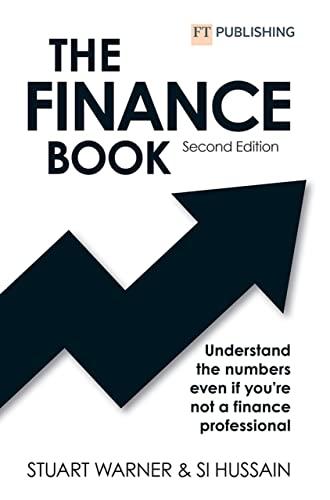Question
An increase in the target federal funds rate reduces investment for all of the following reasons except the fact that the increased federal funds rates
An increase in the target federal funds rate reduces investment for all of the following reasons except the fact that the increased federal funds rates causes
A- higher longterm interest rates.
B- reduced collateral and net worth.
C-an appreciated exchange rate.
D-
If a surprise increase in the target federal funds rate causes market participants to expect additional increases in the target rate, the effect of the increase of the target rate on shortterm interest rates will be
| an increase less than the announced increase in the target rate. |
| an increase equal to the announced increase in the target rate. |
| an increase greater than the announced increase in the target rate. |
| no change in shortterm interest rates. |
increased adverse selection and moral hazard.
3.
If Federal Reserve officials give speeches signaling that they intend to increase the target federal funds rate at their next meeting
| market interest rates will not change. |
| market interest rates will increase after the next meeting. |
| market interest rates will increase at the time of the meeting. |
| market interest rates will increase before the meeting. 4. A stock market crash
|
Step by Step Solution
There are 3 Steps involved in it
Step: 1

Get Instant Access to Expert-Tailored Solutions
See step-by-step solutions with expert insights and AI powered tools for academic success
Step: 2

Step: 3

Ace Your Homework with AI
Get the answers you need in no time with our AI-driven, step-by-step assistance
Get Started


